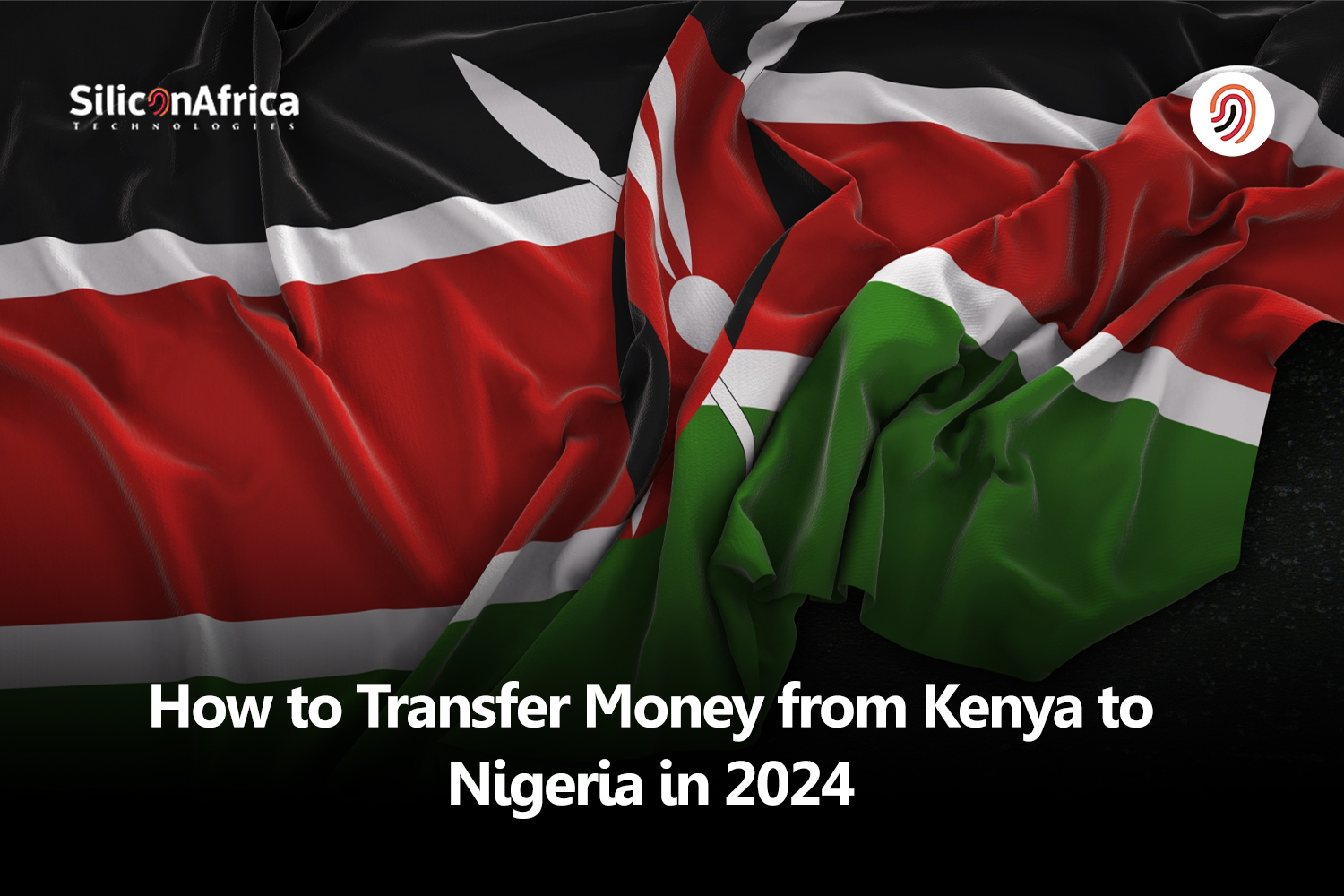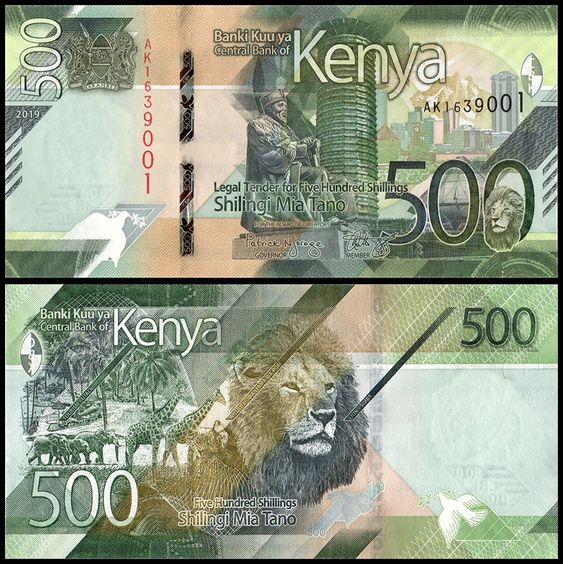Newsletter Subscribe
Enter your email address below and subscribe to our newsletter

Transferring money from one country to another and navigating how to send money from Kenya to Nigeria can be daunting, especially when you’re dealing with different currencies, fees, and financial systems.

Knowing the best way to transfer money from Kenya to Nigeria is important, especially if you need to support your family, pay for services, or conduct business.
If you need to learn how to send money from Kenya to Nigeria, this article will help you understand the available methods, their pros and cons, and tips for making the process smooth and cost-effective.
In this article, we will also examine traditional methods, modern digital solutions, and practical tips for ensuring your money reaches its destination quickly and securely.
Let’s dive in!
One of the most common ways to transfer money from one country to another is through bank transfers.
This method involves sending money from your Kenyan bank account to a recipient’s Nigerian bank account.
Pros:
Cons:
MTOs like Western Union and MoneyGram have been popular for decades.
They allow you to send money to Nigeria, where the recipient can collect it in cash or deposit it into their bank account.
Pros:
Cons:
Sometimes, people rely on carrying cash physically or using trusted couriers to deliver money.
Pros:
Cons:
Technological advancements have positively changed the money transfer industry, offering faster, cheaper, and more convenient options for sending money from Kenya to Nigeria.
Modern methods of sending money from Kenya to Nigeria include mobile money services, online transfer platforms, and cryptocurrency.
Modern technology in the African economy, especially the fintech industries, has positively transformed money transaction activities.
The modern ways to send money from Kenya to Nigeria come with numerous benefits, and here are some benefits:
Lower Fees: When sending money from Kenya to Nigeria, digital platforms typically charge lower fees than traditional methods.
Faster Transactions: Money can be transferred almost instantly in many cases.
Greater Convenience: Transfers can be initiated from the comfort of your home using a smartphone or computer. You can be in your house in Kenya and send money to someone in Nigeria.
Read-First Bank Swift Codes and IBAN codes for International Transfers
Modern technology has greatly enhanced money transfer services; hence, there are numerous ways to send money from Kenya to Nigeria today.
Here are ways you can send money from Kenya to Nigeria:
M-Pesa is a financial services platform in East Africa that conducts international money transfers.
According to the digital transfer company, they operate through smartphones and an extensive agent network, allowing customers with an eligible cell phone and SIM to transact with their phone and in cash at agent locations.
Mobile money services like M-Pesa in Kenya have made it incredibly easy to transfer money locally and internationally.
M-Pesa partners with various international transfer services to facilitate cross-border transactions.
Follow us as we show you how to send money from Kenya to Nigeria using M-Pesa.
Pros:
Cons:
You can check out the M-Pesa Africa website for more information on how to send money from Kenya to Nigeria using M-Pesa.
Read also- Best Way to Send Money from Canada to Nigeria in 2024
Online platforms such as WorldRemit, TransferWise (now Wise), and PayPal or Payoneer offer user-friendly interfaces for sending money from Kenya to Nigeria.
Pros:
Cons:
Cryptocurrencies like Bitcoin offer an alternative method for transferring money.
Users from Kenya can send Bitcoin to the recipient in Nigeria, who can then convert it to Nigerian Naira.
Pros:
Cons:
Afriex is a digital payment platform that is already making waves in Africa. The financial service providers enable Africans to send funds all over African countries.
To get started sending money from Kenya to Nigeria with Afriex, you have to download the app.
Next, you can send the cash to the recipient in Nigeria using an Afriex debit or credit card.
You can check out Afriex website to get more information.
Different services offer varying fees and exchange rates. Use comparison tools to find the best deal for your transfer.
Some services limit the amount you can send per transaction or per day. Ensure your chosen method meets your needs.
Use reputable services to protect your money and personal information. Look for services with robust security measures and positive user reviews.
Double-check the recipient’s details to avoid delays or issues with the transfer. Incorrect information can lead to failed transactions.
Keep records of your transactions, including receipts and confirmation emails, in case you need to track or dispute a transfer.
Transferring money from Kenya to Nigeria has never been easier, thanks to the various traditional and modern digital methods.
Each method has pros and cons if you choose to use bank transfers, money transfer operators, mobile money services, online platforms, or cryptocurrencies.
But, by understanding these options and following the tips provided, you can ensure a smooth, secure, and cost-effective transfer.
If you found this piece useful, kindly drop a nice comment.
Also, visit and follow us on X @SiliconAfriTech, Instagram, @SiliconafricaTech Twitter @siliconafritech for access to other useful contents.
The common methods include bank transfers, money transfer operators (MTOs) like Western Union and MoneyGram, physical cash transfers, mobile money services like M-Pesa, online transfer platforms such as WorldRemit, Payoneer and Wise, and cryptocurrencies like Bitcoin.
M-Pesa partners with international transfer services like PayPal. Users can register for an M-Pesa account, link it with a partner service, and initiate the transfer through the app.
Use reputable services with good security measures and positive user reviews. Always verify the recipient’s details to avoid delays or failed transactions.